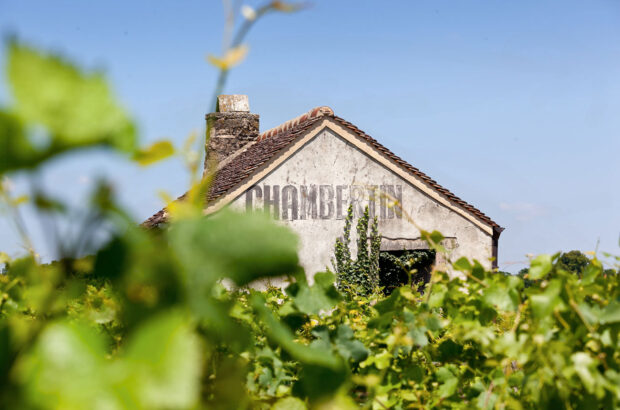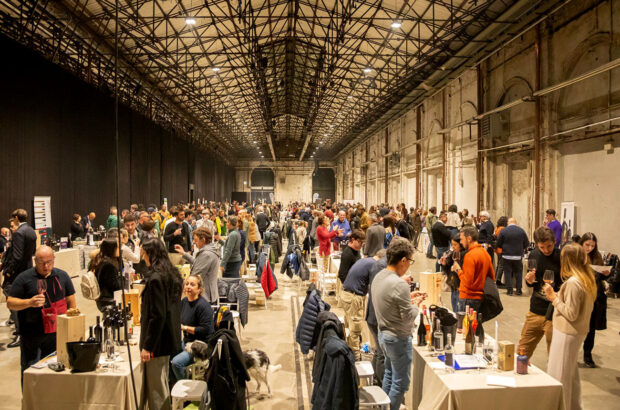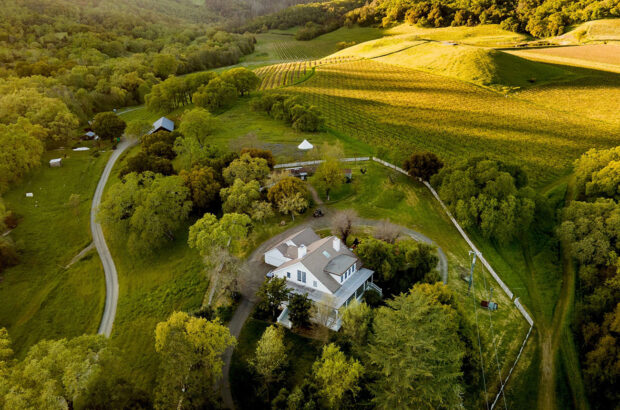The EU announced radical and far-reaching reforms for the wine sector today, acknowledging that the current situation of subsidies and legislation is ‘not sustainable’.
With European countries producing a surplus of 1.5b litres of wine per year, Mariann Fischer Boel, the commissioner for agriculture and rural development, outlined sweeping changes to stem overproduction.
‘The time has come to stop simply reliving the symptoms of our problem year after year. The time has come to find a cure,’ she told the European Parliament in Brussels this morning.
The proposals include an end to ‘crisis distillation’ subsidies used to finance the transformation of surplus wine into industrial alcohol. From now on, member states will receive an ‘envelope’ of money for each country to spend as it sees fit. It is understood that the amount of cash given out to each country will be significantly lower in relation to the sums currently spent by Brussels to finance distillation.
Further proposals include the abolition of chaptalisation, the addition of sugar to the grape must before fermentation. This is expected to have wide-reaching consequences for producers in cooler regions such as Champagne, Burgundy, Germany and the UK.
Although Fischer Boel’s proposal states that grape must from outside regions can be used instead of sugar, this will affect geographically-specific wine areas such as Champagne where only grapes from that region can be used in its production.
Other measures include grubbing-up incentives which see the EU financing ‘uncompetitive producers to leave the sector’. Brussels is looking for 400,000ha (hectares) of vines to be pulled up over a five-year period.
The proposals will also affect the labelling of European wines, allowing table wine producers to state grape variety and vintage on the bottle, currently disallowed.
This combines with Brussels’ desire to streamline the Geographical Indication system, such as appellation wines and table wines. It aims to create two types of wine, one with a geographical indicator and one without in order to simplify the offer for the consumer.
Admitting that the proposals would be controversial, EU spokesman John Benstead-Smith said the bill would be heavily discussed over the next six months before it is presented to the European parliament in January 2007.
‘We believe and hope it could go through in its present format,’ he said. ‘The status quo is not sustainable. We don’t think it makes sense to regulate the market.’
If the proposal is accepted, it is expected to come into force within the next three years.
Written by Oliver Styles





